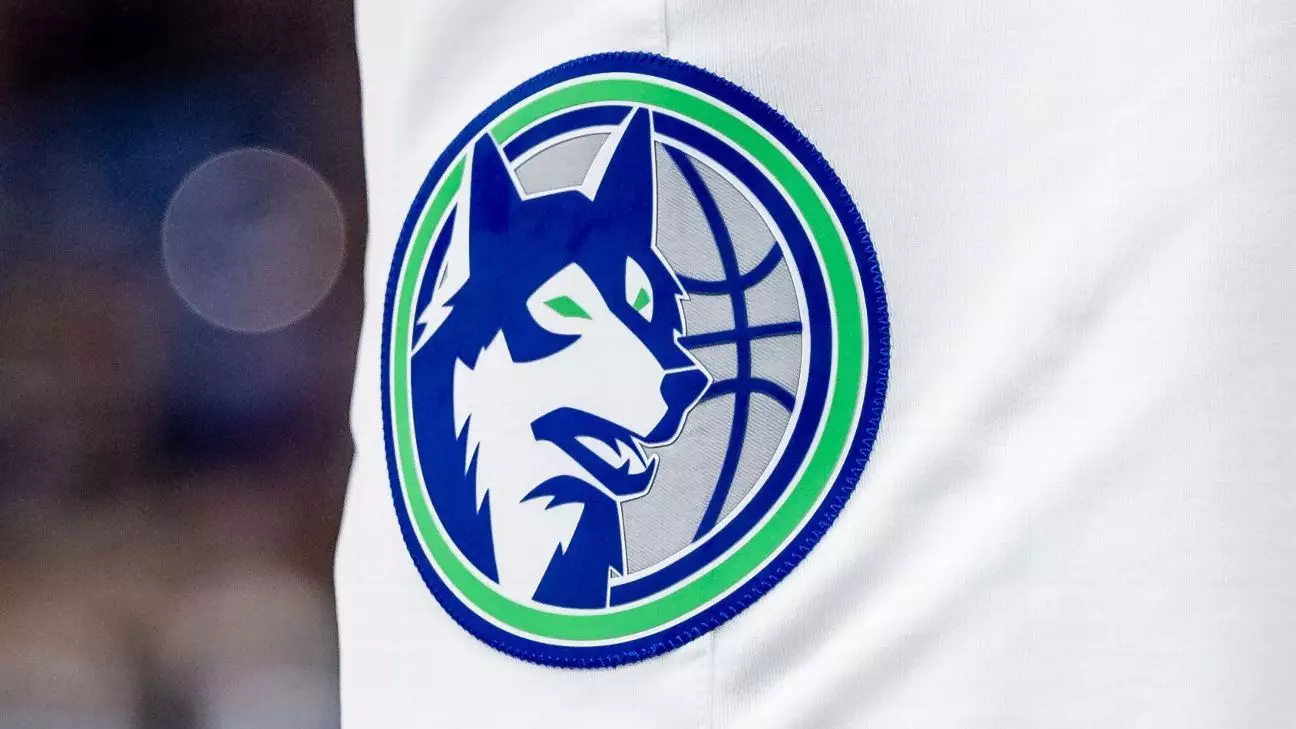The Minnesota Timberwolves and Lynx franchise is currently embroiled in a contentious power struggle over ownership that could reshape the future of these beloved basketball teams. Recent developments have escalated tensions as prospective owners Marc Lore and Alex Rodriguez, both with significant business acumen, battle against the current owner Glen Taylor in a crucial arbitration decision. This situation not only underscores the complexities of franchise ownership in the NBA but also exposes the intricacies of interpersonal and business relationships within the sports community.
On a recent Monday, a three-member arbitration panel ruled in favor of Lore and Rodriguez, clearing a path for them to continue their pursuit of majority ownership of the Timberwolves and Lynx. This decision did not simply favor one party over another; it brought to the forefront the nuances of contract interpretation and accountability among high-profile owners. Central to this conflict was Glen Taylor’s assertion that Lore and Rodriguez missed a critical payment deadline in a transaction that was meant to secure an 80% stake in the teams for $600 million. The fact that the arbitration panel found Taylor to be in violation of the sales agreement is indicative of the challenges inherent in high-stakes business dealings.
Preceding this arbitration was a prolonged and complicated negotiation process. In response to Taylor’s interpretation of missed deadlines, Lore and Rodriguez contended that they were entitled to a 90-day extension. This disagreement ultimately led the matter to arbitration, highlighting a lack of clarity and communication that can pervade even the most significant transactions in professional sports.
With the arbitration ruling now in place, a larger and vital vote looms on the horizon. The NBA board of governors must convene to approve the sale, a process that typically results in a formality but now stands as a pivotal crossroads for the franchise. The current owner, Taylor, has a substantial influence within the league, having been a member of the board since 1994 and previously serving as its chairman. His relationship with NBA commissioner Adam Silver adds another layer of complexity; this historical connection could sway opinions and impact the outcome of the governing board’s vote.
Lore and Rodriguez have not been idle in their quest for support. Recognizing the importance of obtaining backing from fellow team owners, they have engaged in discussions with numerous current governors to secure their approval. This preemptive approach underscores a strategic mindset crucial for navigating the often tumultuous waters of professional sports ownership.
The financial implications of this ownership transfer cannot be underestimated. Lore and Rodriguez initially agreed to acquire the teams for $1.5 billion, a figure that now appears undervalued in light of recent sales around the league. The NBA’s landscape has changed markedly, with franchises like the Phoenix Suns selling for $4 billion and the Dallas Mavericks for $3.5 billion. Such valuations are redefining what teams are worth, and as Lore and Rodriguez have garnered additional financial support, including backing from notable investors like Michael Bloomberg and Eric Schmidt, the financial landscape is shifting.
Furthermore, Taylor’s past attempts to sell the franchise only to withdraw reflect a deeper ambivalence about relinquishing control over the teams. His statement, which emphasized the Wolves‘ promising direction and his personal enjoyment of ownership, suggests a path laden with emotional complexity that intertwines personal attachment and financial ambition.
The unfolding situation presents a dual narrative steeped in both excitement and uncertainty. For Timberwolves and Lynx fans, the prospect of new ownership brings hope for a fresh approach to team management and a commitment to winning, a sentiment echoed in a shared statement from Lore and Rodriguez claiming their eagerness to win championships for Minnesota. On the other hand, the possibility of Taylor contesting the ruling leaves the door open for continued turbulence.
The Timberwolves ownership saga serves as a microcosm of the larger challenges within professional sports. Power dynamics, financial negotiations, and relationship management all converge to create a complex environment where the future of a franchise hangs in the balance. As the board of governors prepares to vote, stakeholders must remain vigilant, knowing that the outcome could drastically alter the trajectory of Minnesota basketball for years to come.


Napsat komentář